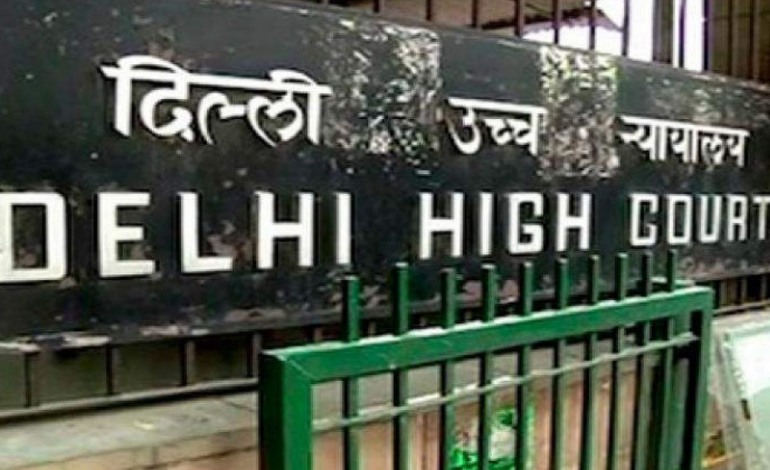The Delhi High Court’s divided decision in the case challenging the legality of the marital rape exemption reflects the wide public disagreement on an issue that goes beyond the letter of the law to include complicated societal mores. Married men are exempt from prosecution if they engage in non-consensual sexual activity with their spouses, according to the law. This exception to the Indian Penal Code’s Section 375, which defines rape, is increasingly being questioned around the world.
Several countries, including the United Kingdom, which passed this rule in its former colonies, have reassessed an ethos that presumes or assumes the agreement of women in a marriage in perpetuity. The opinions of the two justices in the case before the Delhi High Court, Justices Rajiv Shakdher and C Hari Shankar, are strikingly different and frame fundamental disagreements on subjects such as consent.
Justice Shankar rejects key notions of equality, agency, and autonomy, while Justice Shakdher depends on the knowledge that the foundation of a modern marriage is equality between spouses. His troubling insight that marriage entails varied degrees of abandoning certain rights — in this example, a woman’s right to physical integrity — must be vigorously fought.
Both the Delhi government and the Centre have defended the law, claiming that marital rape cannot be criminalised until there is public agreement. Arguments for keeping the provision have ranged from the preservation of the institution of marriage to the potential abuse of any legal change. These are valid concerns that should be addressed.
A broader and more inclusive dialogue is required. At the same time, the Courts must decide whether striking down the exception in marital rape under law would be trespassing on Parliament’s territory. The federal government’s announcement that the marital rape exception will be examined is a positive move in this regard. In the United Kingdom, like in South Africa, Australia, and Canada, judicial rulings were followed by legislative reforms in marital rape.





